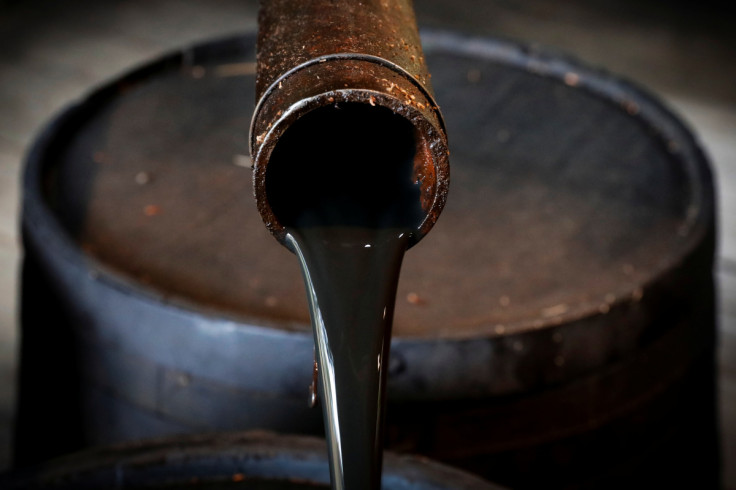Oil Up As U.S. Crude Stocks Seen Falling, OPEC+ Concerns Limit Gains

Oil prices rose in early Asian trade on Wednesday as U.S. crude inventories were seen falling, but concerns that OPEC+ would leave output policy unchanged at its upcoming meeting limited gains.
Brent crude futures were up 65 cents or 0.8% at $83.68 per barrel by 0132 GMT, while U.S. West Texas Intermediate (WTI) crude futures rose 68 cents or 0.9% to $78.88 per barrel.
Helping to boost prices, U.S. crude oil stocks were expected to have dropped by about 7.9 million barrels in the week ended Nov. 25, according to market sources citing American Petroleum Institute figures on Tuesday. [API/S] Gasoline inventories rose by about 2.9 million barrels, while distillate stocks were seen rising about 4.0 million barrels, according to the sources, who spoke on condition of anonymity.
Official figures are due by the U.S Energy Information Administration on Wednesday. [EIA/S]
The market was also watching the upcoming meeting by the Organization of the Petroleum Exporting Countries and allies including Russia, known as OPEC+.
OPEC+ is likely to keep oil output policy unchanged at a meeting on Sunday, five OPEC+ sources said, although two sources said an additional production cut was also likely to be considered, to support prices.
The group meets as slowing economies and Chinese COVD-19 lockdowns hit oil demand, while a nearing European Union ban on Russian crude imports and a G7 price cap on Russian crude raises questions about supply.
Meanwhile, the International Energy Agency expects Russian crude production to be curtailed by some 2 million barrels of oil per day by the end of the first quarter next year, its chief, Fatih Birol, told Reuters.
© Copyright Thomson Reuters 2025. All rights reserved.





















